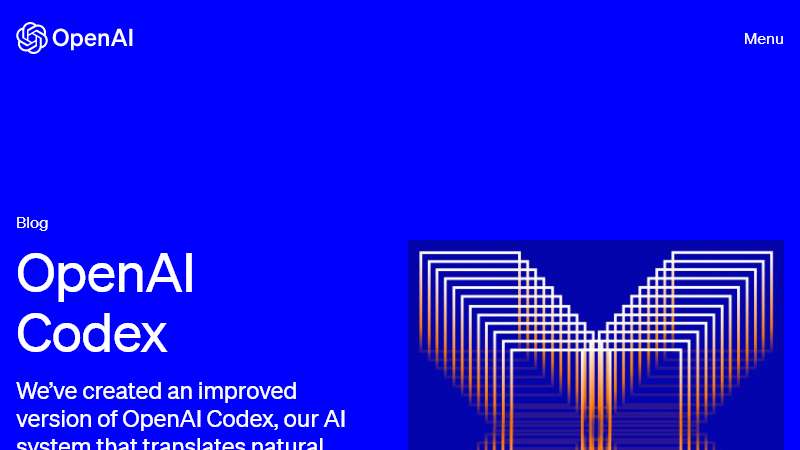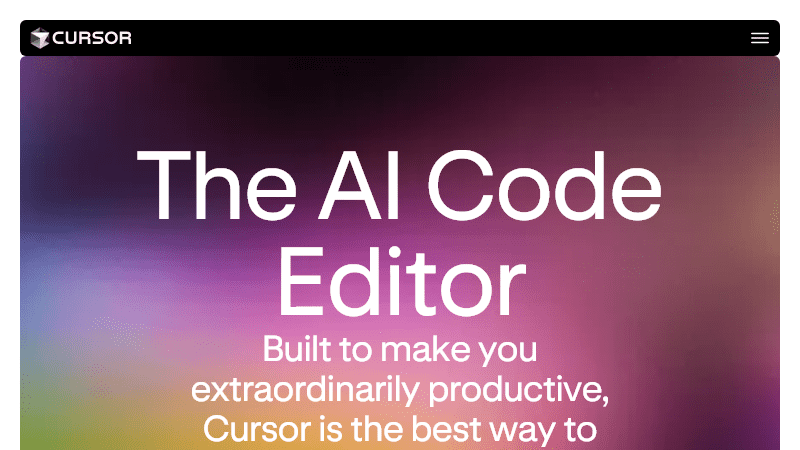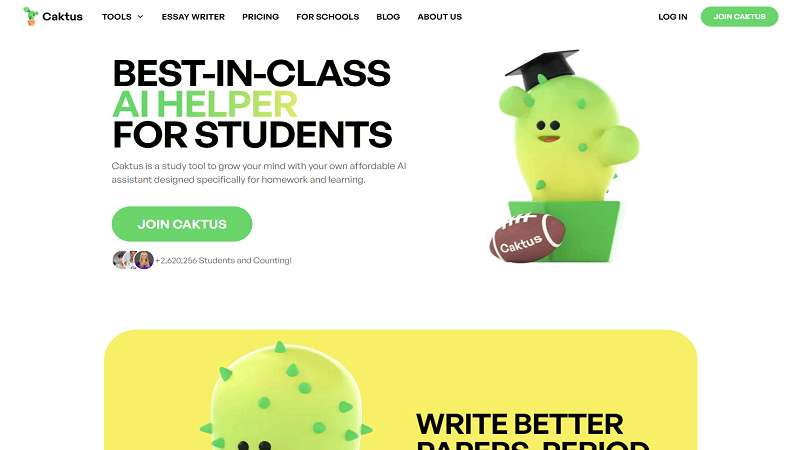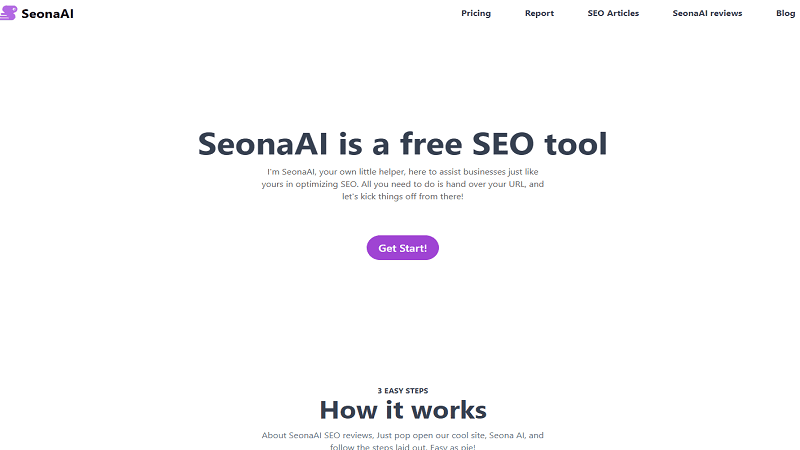- Updated:4/10/2025

OpenAI Codex
OpenAI Codex is an advanced AI system developed by OpenAI that leverages natural language processing and machine learning techniques to translate natural language into code. This powerful tool, which is the result of extensive research and development, enables developers and businesses to build natural language interfaces and automate coding tasks in a wide range of programming languages. OpenAI Codex is built upon GPT-3, a state-of-the-art language model, and has been trained on vast amounts of code from publicly available sources, including GitHub repositories.
Introduction
OpenAI Codex represents a significant advancement in the field of AI and programming. It enables users to interact with software and programming languages using natural language commands, simplifying the process of coding and opening up new possibilities for developers. With its ability to understand natural language and generate working code, OpenAI Codex bridges the gap between human intent and machine execution.
Features
OpenAI Codex offers a wide range of features that make it a valuable tool for developers:
- Translation of Natural Language to Code: OpenAI Codex excels in translating natural language instructions into functional code. It can interpret simple commands and execute them on the user's behalf, enabling the creation of natural language interfaces for existing applications.
- Proficiency in Multiple Programming Languages: OpenAI Codex is proficient in more than a dozen programming languages, including Python, JavaScript, Go, Perl, PHP, Ruby, Swift, TypeScript, and Shell. This versatility allows developers to work with their preferred programming language and leverage OpenAI Codex's capabilities.
- Memory and Contextual Information: OpenAI Codex has a memory of 14KB for Python code, enabling it to consider a significant amount of contextual information while performing tasks. This memory capacity is three times larger than that of GPT-3, enhancing its ability to understand and generate code.
- Integration with Existing Applications: OpenAI Codex can be integrated with existing applications through its API. Developers can issue commands in English to any software with an API, expanding the possibilities for automation and natural language interfaces.
- General-Purpose Programming Model: OpenAI Codex is a versatile programming model that can be applied to various programming tasks. Its capabilities extend beyond code generation, including transpilation, code explanation, and code refactoring.
Applications
OpenAI Codex has a wide range of applications across different domains:
- Natural Language Interfaces: With OpenAI Codex, developers can create natural language interfaces for their applications. This allows users to interact with software using human-like instructions, enhancing usability and accessibility.
- Automation of Coding Tasks: OpenAI Codex automates coding tasks by translating natural language commands into code. This reduces the time and effort required for manual coding and enables developers to focus on higher-level problem-solving.
- Code Generation and Assistance: OpenAI Codex can generate code snippets based on natural language descriptions, assisting developers in their coding tasks. It can also help in code refactoring, suggesting improvements and optimizations.
- Transpilation: OpenAI Codex can transpile code from one programming language to another. This enables developers to convert code written in one language to another language, facilitating interoperability and code reuse.
- Code Explanation: OpenAI Codex can explain complex code snippets in a more understandable and accessible manner. This can be useful for documentation, learning purposes, and code reviews.
Usage and Availability
OpenAI Codex is currently available in private beta through OpenAI's API. During the initial period, OpenAI Codex is offered for free, allowing developers and businesses to explore its capabilities and integrate it into their applications. OpenAI aims to scale up the availability of OpenAI Codex as quickly and safely as possible.
Safety and Privacy
OpenAI takes safety and privacy seriously when it comes to AI technologies. Building on the safety groundwork laid with GPT-3, OpenAI reviews applications and incrementally scales them up while closely collaborating with developers to understand the impact of their technologies in the world. OpenAI Codex undergoes continuous improvement and evaluation to ensure it aligns with ethical and responsible AI practices.
Conclusion
OpenAI Codex is a breakthrough AI tool that empowers developers and businesses to leverage the power of natural language processing and machine learning in their coding tasks. With its ability to translate natural language into functional code, OpenAI Codex simplifies the coding process and opens up new possibilities for automation and natural language interfaces. As OpenAI continues to develop and refine OpenAI Codex, its applications andcapabilities are expected to expand, enabling even more innovative uses in the future. By combining human-like language understanding with code generation, OpenAI Codex represents a significant advancement in the field of AI and programming, making coding more accessible, efficient, and powerful. Developers and businesses can now harness the potential of OpenAI Codex to enhance their coding workflows, create intuitive interfaces, and automate repetitive tasks, ultimately driving innovation and productivity in the world of software development.
Trending topics
Find the Perfect AI Tool for Your Needs
Discover powerful AI solutions curated by experts in the field






